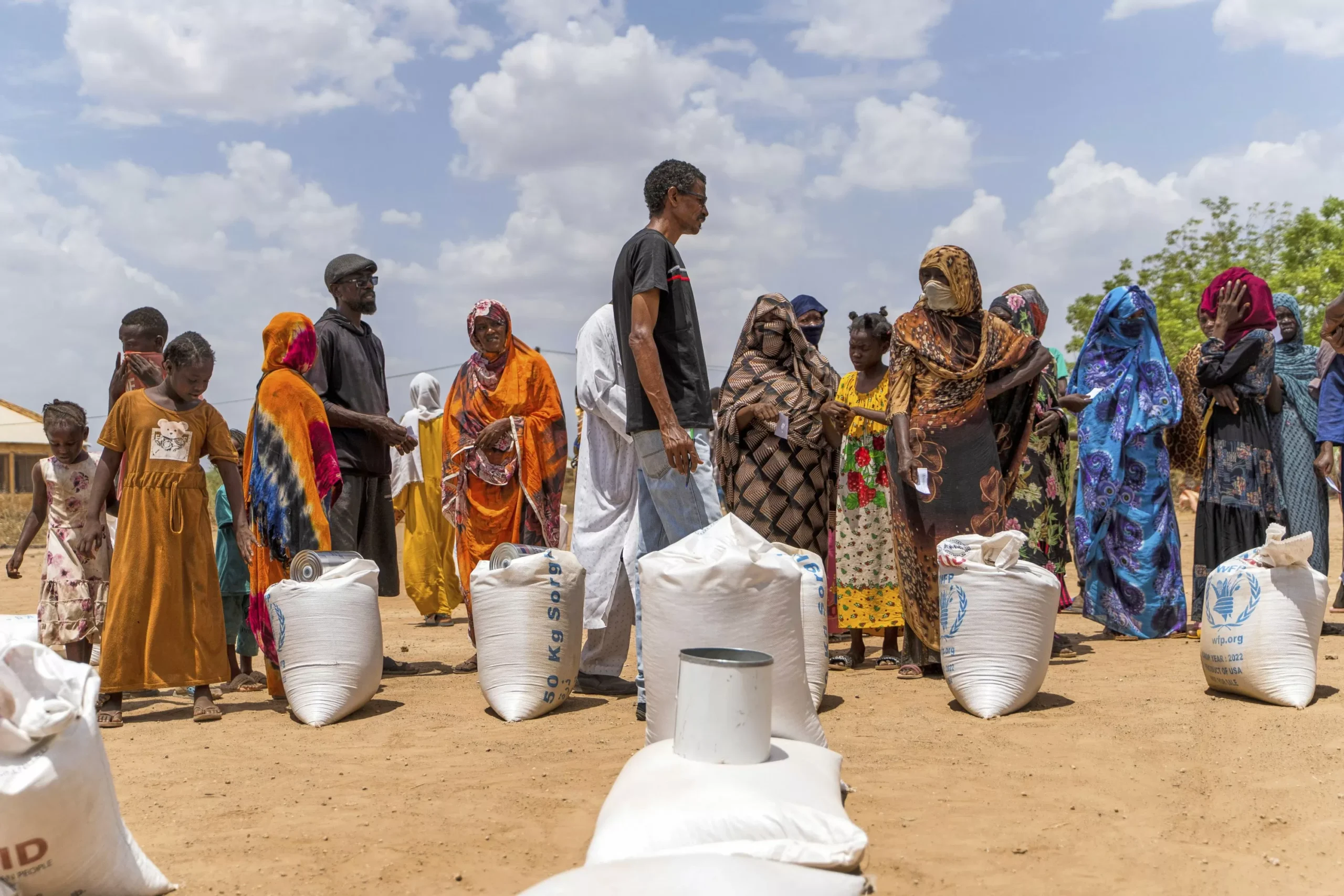Standing among the withering date palms that once sustained his livelihood, Hatem Abdelhamid watches helplessly as Sudan’s war-driven power outages choke irrigation systems and decimate crops. For generations, his family has relied on these date palms for their survival, but now they stand as a stark reminder of the challenges facing Sudan’s agricultural sector.
Sudan, a country known for its fertile land and abundant water resources, has been plagued by conflict and political instability for decades. The ongoing civil war has not only claimed countless lives, but it has also taken a toll on the country’s economy and infrastructure. One of the most devastating consequences of this conflict is the severe power outages that have become a daily reality for many Sudanese farmers like Hatem.
As a result of these power outages, irrigation systems have been rendered useless, leaving crops to wither and die in the scorching heat. This has not only affected the livelihoods of farmers, but it has also led to a significant decrease in food production and an increase in food insecurity. The once lush and green fields have turned into barren wastelands, and the future looks bleak for Sudan’s agricultural sector.
But amidst this dire situation, there is still hope. The Sudanese government, with the support of international organizations, has launched initiatives to address the power crisis and revitalize the agricultural sector. One such initiative is the construction of new power plants and the rehabilitation of existing ones. These efforts have already shown promising results, with some areas experiencing fewer power outages and improved access to electricity.
In addition to addressing the power crisis, the government has also implemented policies to support and incentivize farmers. This includes providing subsidies for agricultural inputs, such as seeds and fertilizers, and offering training programs to improve farming techniques. These measures aim to increase productivity and help farmers adapt to the changing climate and environmental conditions.
But perhaps the most significant source of hope for Sudan’s agricultural sector lies in the resilience and determination of its people. Despite the challenges they face, farmers like Hatem refuse to give up. They continue to work tirelessly, using traditional methods and relying on their knowledge and experience to keep their crops alive.
Hatem, like many other farmers, sees the potential for growth and prosperity in Sudan’s agricultural sector. He believes that with the right support and resources, Sudan can once again become a leading producer of crops and a key player in the global market. And he is not alone in this belief. Many young Sudanese are returning to their roots and investing in agriculture, recognizing its importance in the country’s development.
The future of Sudan’s agricultural sector may seem uncertain, but there is no doubt that it holds immense potential. With the right investments and policies, Sudan can overcome the challenges it faces and emerge as a thriving agricultural nation. The withering date palms may serve as a reminder of the past, but they also symbolize the resilience and determination of the Sudanese people to overcome any obstacle in their path.
As we stand among these date palms, let us not lose hope. Let us instead be inspired by the strength and perseverance of Sudan’s farmers and work towards a brighter future for the country’s agricultural sector. Together, we can turn these barren fields into flourishing gardens once again.





![Complete BritRail Pass Guide [Types, How to Use It, Pros + Cons]](https://inside-news.uk/wp-content/uploads/2025/06/00221EB4-BCA2-4DBB-6CD4-83DBC37D71FA-120x86.webp)
















